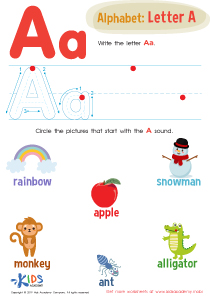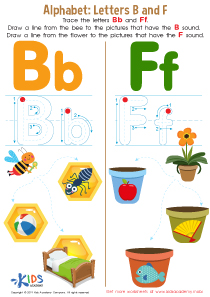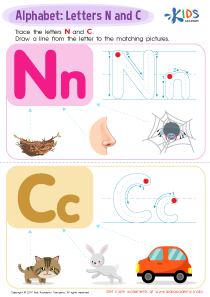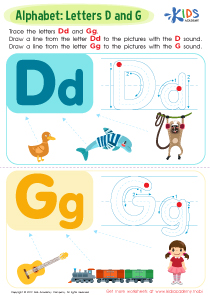Letter E Worksheets for Ages 6-7
3 filtered results
-
From - To
Explore the Exciting World of Letter E Worksheets for Ages 6-7!
Dive into our captivating collection of Letter E worksheets, meticulously designed for children ages 6-7. This assortment of activities is perfect for young learners eager to enhance their understanding and writing skills of the letter E. From enchanting exercises that involve tracing and recognition to engaging coloring pages and puzzles focused on words starting with E, our worksheets promise a comprehensive learning experience. Tailored to encourage early reading and writing proficiency, these worksheets are your child's stepping stone to mastering the alphabet with confidence and joy. Embark on this educational journey with our Letter E worksheets for ages 6-7 today!
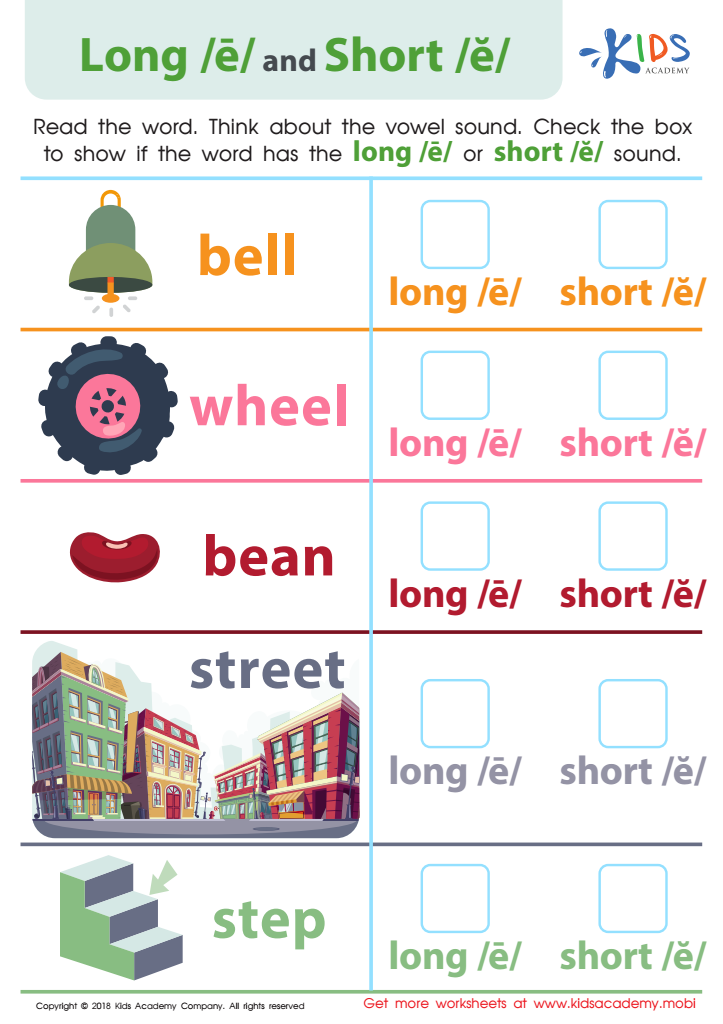

Reading: Long E and Short E Worksheet
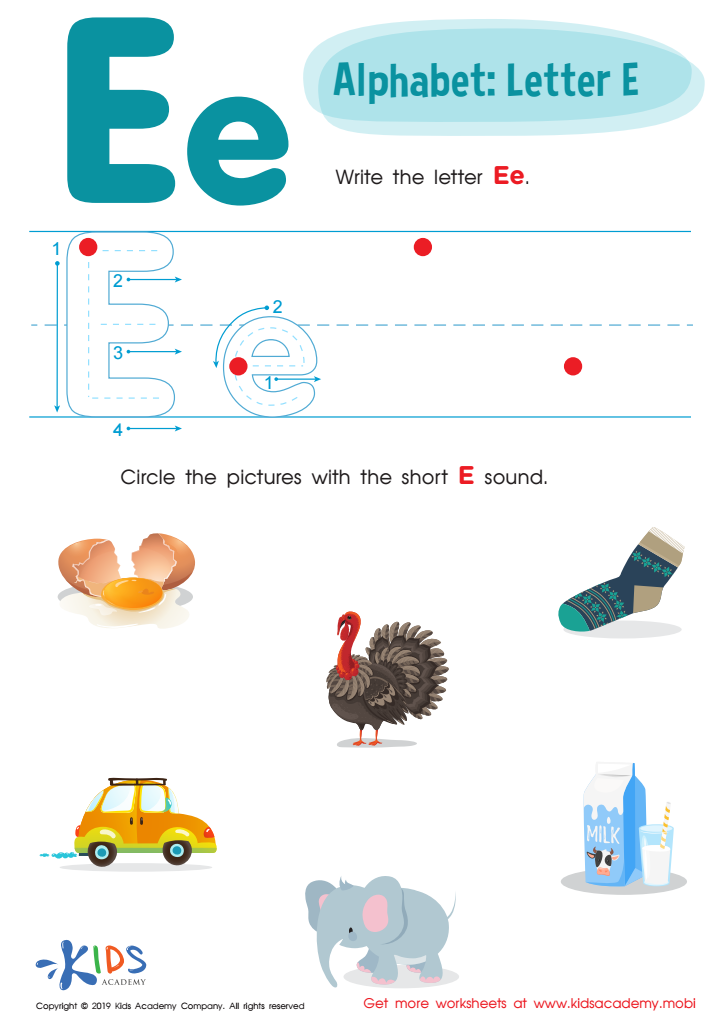

Letter E Tracing Worksheet
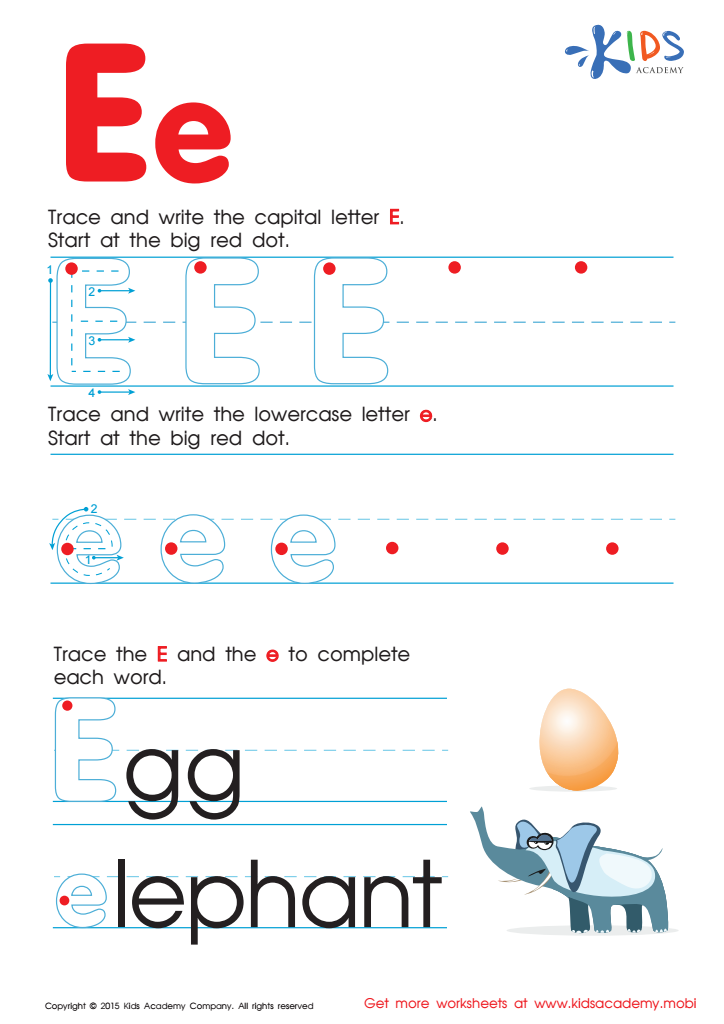

Letter E Tracing Page
Worksheets focused on the Letter E are an essential educational tool, especially for children ages 6-7. At this developmental stage, children are expanding their vocabulary, improving their reading skills, and starting to write more complex words. Incorporating worksheets on the Letter E into their learning process is highly beneficial for several reasons.
Firstly, these worksheets are specifically designed to cater to the learning abilities and interests of children aged 6-7, making the learning experience both age-appropriate and engaging. Through a variety of activities such as tracing, identifying, and writing the Letter E, children can enhance their fine motor skills and letter recognition abilities. This hands-on practice is crucial for reinforcing their understanding of the alphabet, particularly the Letter E, which appears frequently in the English language.
Moreover, by focusing on the Letter E, children are introduced to a wide range of words, expanding their vocabulary and improving their reading skills. These worksheets often include fun exercises that involve finding words that start with or contain the Letter E, which can spark children's interest in language and reading.
Overall, worksheets on the Letter E for Ages 6-7 are a valuable resource for parents and educators. They not only support the development of foundational literacy skills but also foster a love for learning and exploration within young learners.
 Assign to My Students
Assign to My Students







